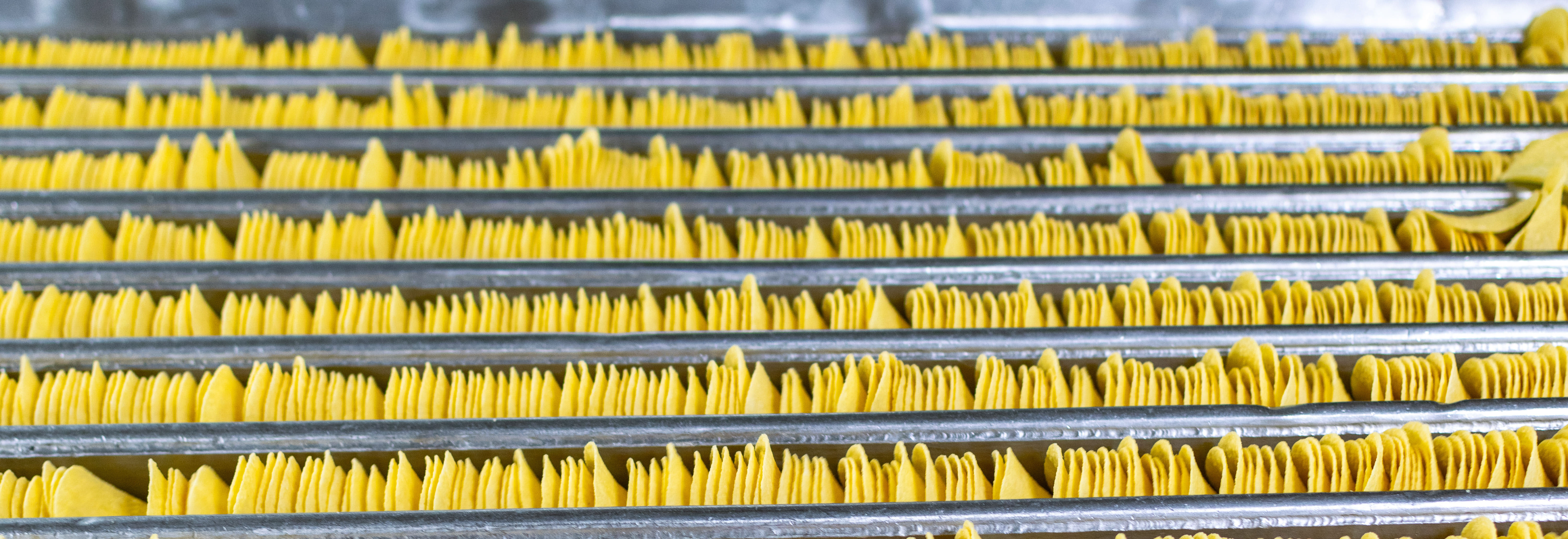Pringles, a subsidiary of Kellogg's, is drastically reducing its CO2 emissions and water consumption. Johan Van Batenburg, director of the Pringles plant in Mechelen: “The installation of the new incinerator reduces our CO2 footprint by 35%. With the new water treatment system, we aim to reduce the plant's water footprint by more than 50% and we are pioneers at international level.”

80% reduction in electricity consumption
Pringles is installing a brand new incinerator at its factory in Mechelen, a city in the Flemish province of Antwerp, which will help reduce carbon emissions. It also makes the plant more neighbourhood-friendly, as the installation minimises noise and odour pollution. This €13.5 million investment contributes to Pringles' goal of reducing its greenhouse gas emissions by 45% by 2030.
Johan Van Batenburg, the site's director, adds: “The installation of the new incinerator has several advantages: it reduces CO2 emissions by 35% and electricity consumption by 80%, it removes thermal oils, has a higher production capacity, is easier to maintain and operate and, finally, is compatible with a hydrogen system.”
Circular use of water
In collaboration with Pantarein, a company working on green water treatment solutions for industry, the Pringles plant also includes a new water treatment system. With this installation, Pringles aims to reduce its factory's water footprint by more than 50%. This can be done in two ways: firstly, by purifying its wastewater into potable water, and secondly, by recycling the rest of the water used in the production process. The latter includes steam, hot and chilled water needed in the various production steps.
Piet De Langhe, founder of Pantarein, aims to have the system running at full capacity by mid-2023. “We will purify the water in three steps: biologically, by ultrafiltration and reverse osmosis. We successively separate oils from the water, filter bacteria and pollutants, remove everything biodegradable and finally extract salts and minerals from the water. What remains is pure drinking water. Moreover, a residual stream from this purification process is used by a third party to produce high-energy biogas.”
This makes Pringles Mechelen a pioneer within Kellogg's plants. The technologies developed at the site will be introduced into Kellogg's international network.

